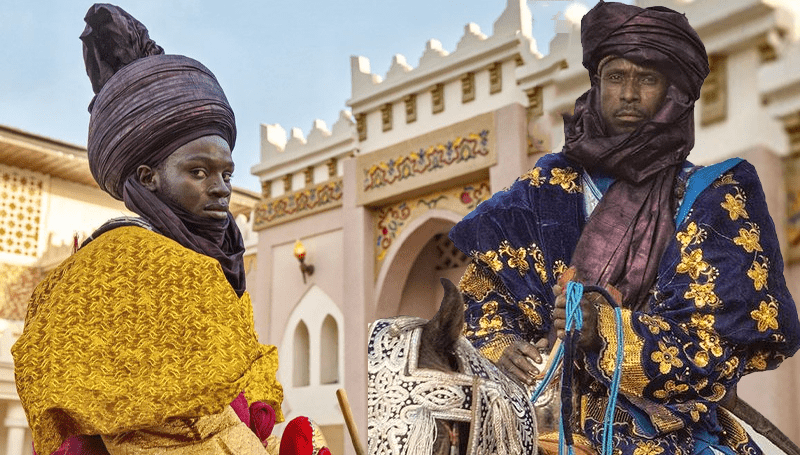The Hausa people are an ethnic group native to West Africa, primarily concentrated in the Sahelian region of northern Nigeria and neighboring countries such as Niger, Ghana, Chad, and Cameroon. They are one of the largest ethnic groups in Africa, known for their rich history, culture, and significant contributions to the region.
Language and Culture
The Hausa people speak Hausa, a language that serves as a lingua franca in many parts of West Africa due to its widespread use in trade, commerce, and communication. This linguistic influence has contributed to the Hausa people’s role as traders and merchants throughout history.
The culture of the Hausa people is characterized by a blend of Islamic, traditional, and modern influences. Their cultural expressions encompass music, art, literature, clothing, and cuisine, which often reflect their historical experiences and values.
Historical Significance
The history of the Hausa people is marked by the existence of numerous city-states that were centers of trade, scholarship, and political power. These city-states, including Kano, Katsina, Zaria, and Gobir, were known for their vibrant marketplaces and administrative structures. The Hausa city-states played pivotal roles in trade networks that connected different parts of Africa and facilitated cultural exchanges.
Religion
Islam holds a significant place within the Hausa culture and society. The arrival of Islam in the region around the 11th century had a profound impact on the Hausa city-states, shaping their social and political structures. The integration of Islamic teachings and practices into their way of life has influenced various aspects of Hausa culture, from education to governance.
Economic Activities
The Hausa people have a longstanding reputation as skilled traders and merchants. Their proficiency in commerce has historically contributed to the development of prosperous trading routes that spanned the Sahara Desert and other regions. This economic aptitude continues to be reflected in their involvement in various economic sectors, including agriculture, trade, and modern industries.
Contemporary Influence
In modern times, the Hausa people continue to play important roles in various fields, including politics, education, entertainment, and business. The “Kannywood” film industry, based in northern Nigeria and predominantly producing films in the Hausa language, has gained popularity both within and beyond the region, showcasing the Hausa people’s cultural contributions.
Resilience of Hausa people
The Hausa people, like many other ethnic groups, have faced challenges such as political instability, economic disparities, and security concerns. However, their history of resilience, adaptability, and courage has allowed them to navigate these challenges while maintaining their cultural identity and contributing positively to their societies.
In summary, the Hausa people are an ethnic group with a rich history, cultural heritage, and notable contributions to the West African region. Their bravery, resilience, and cultural vibrancy continue to shape their identity and influence various aspects of the countries they inhabit.
 The African History Truly African
The African History Truly African

